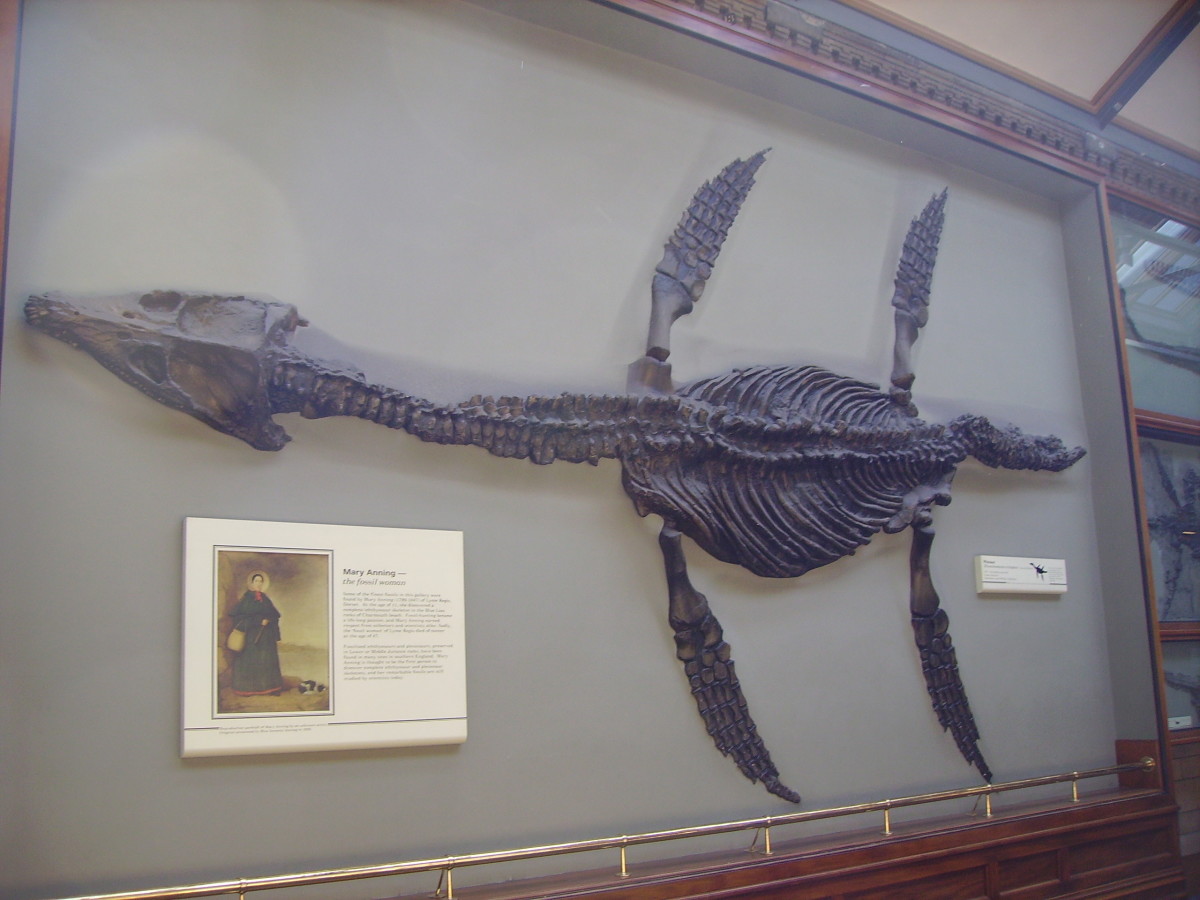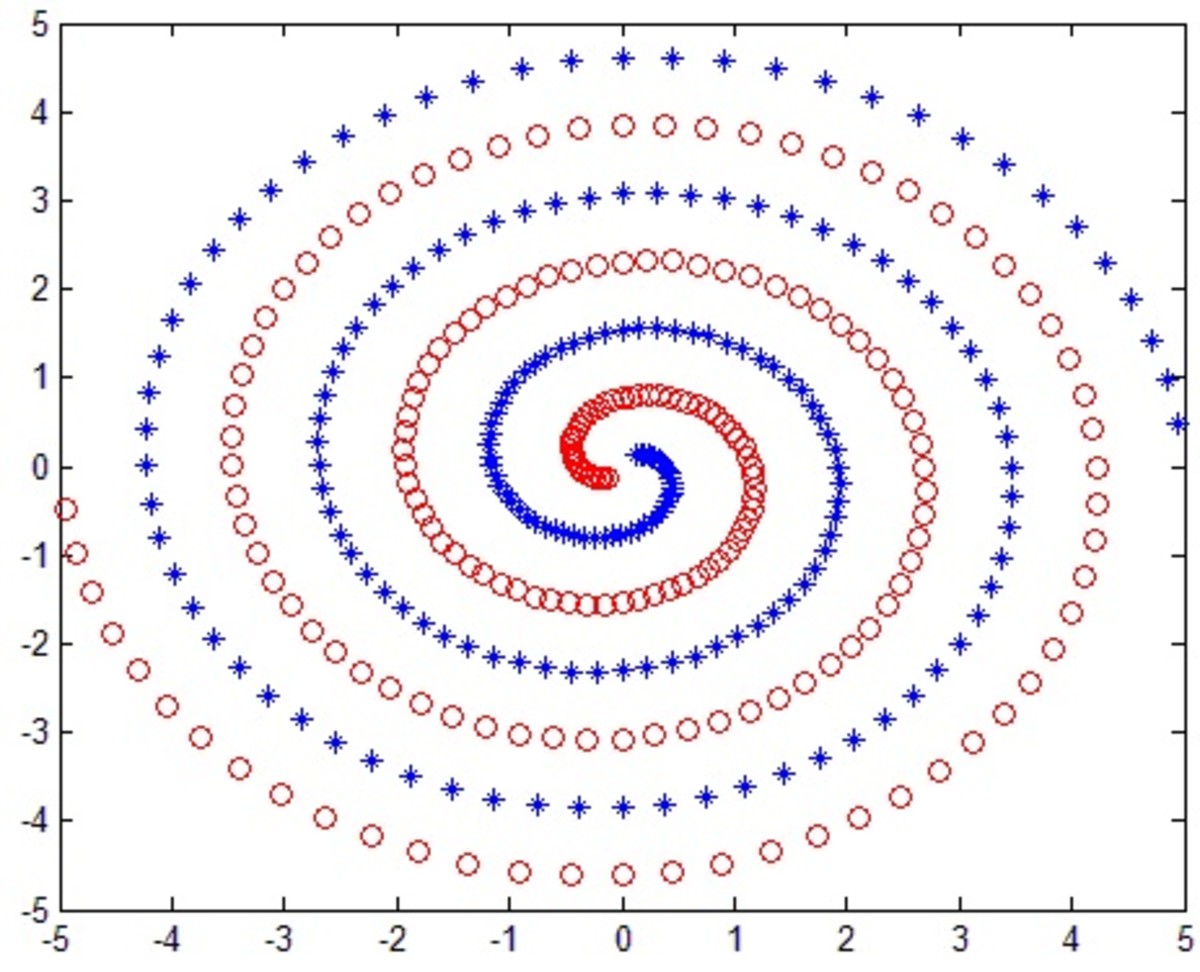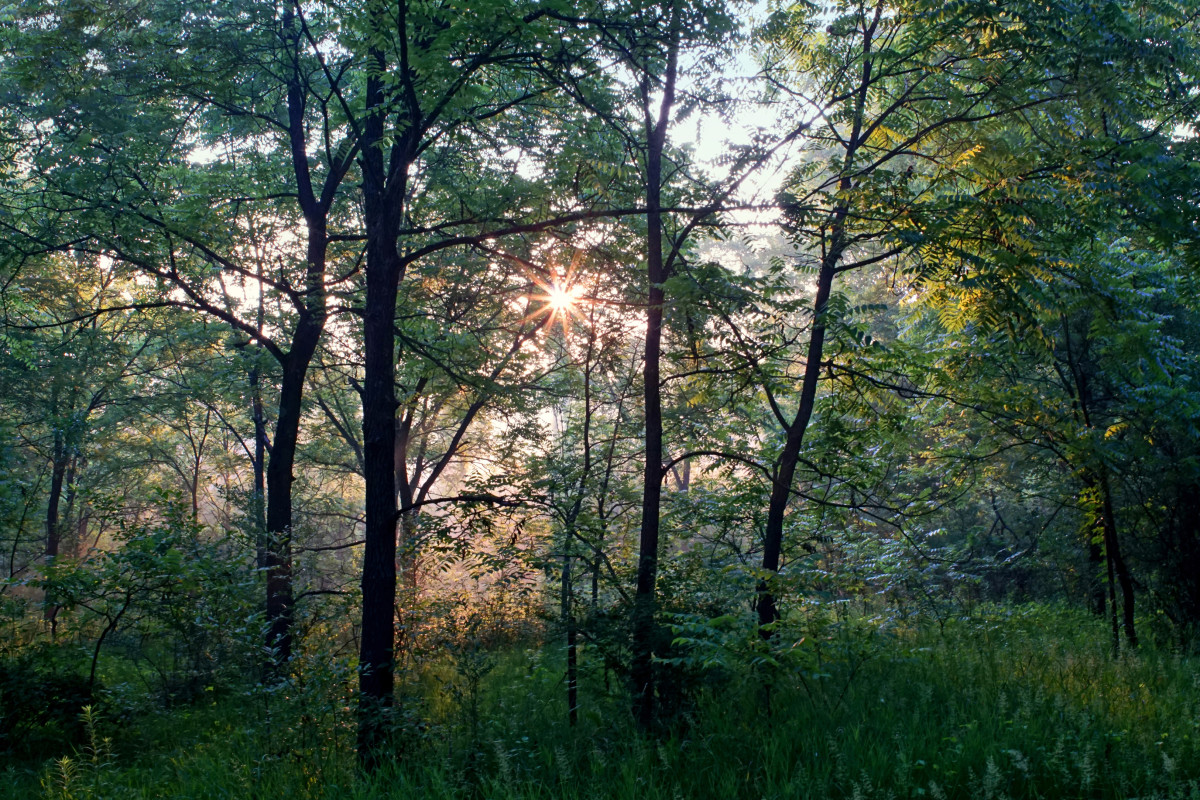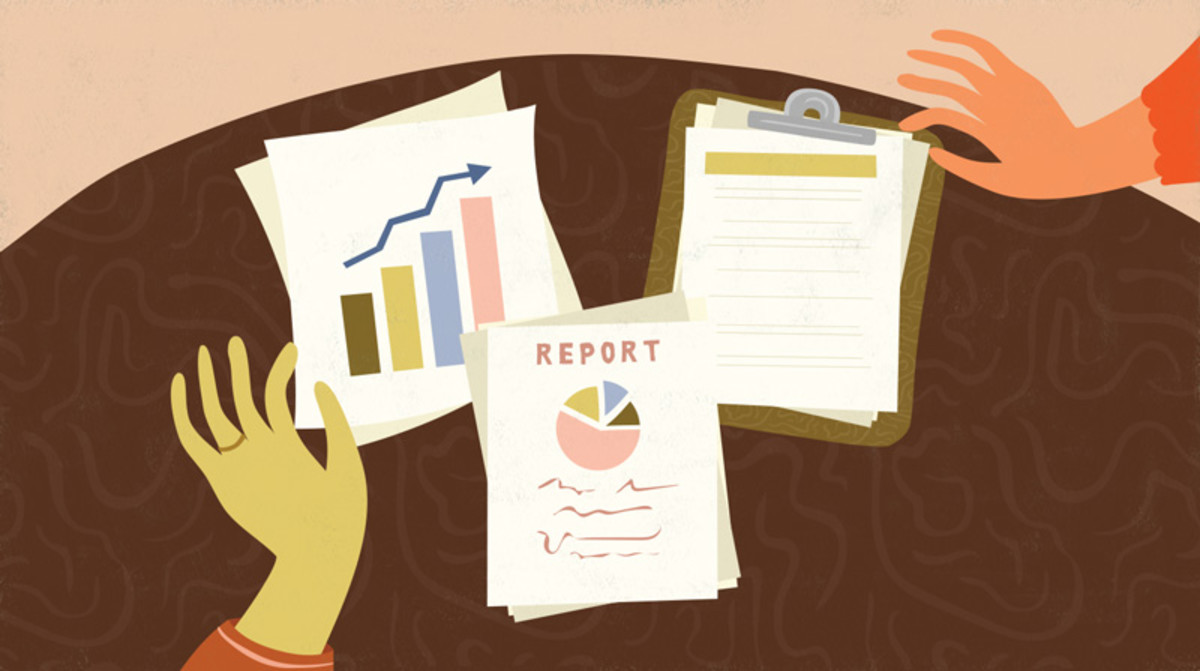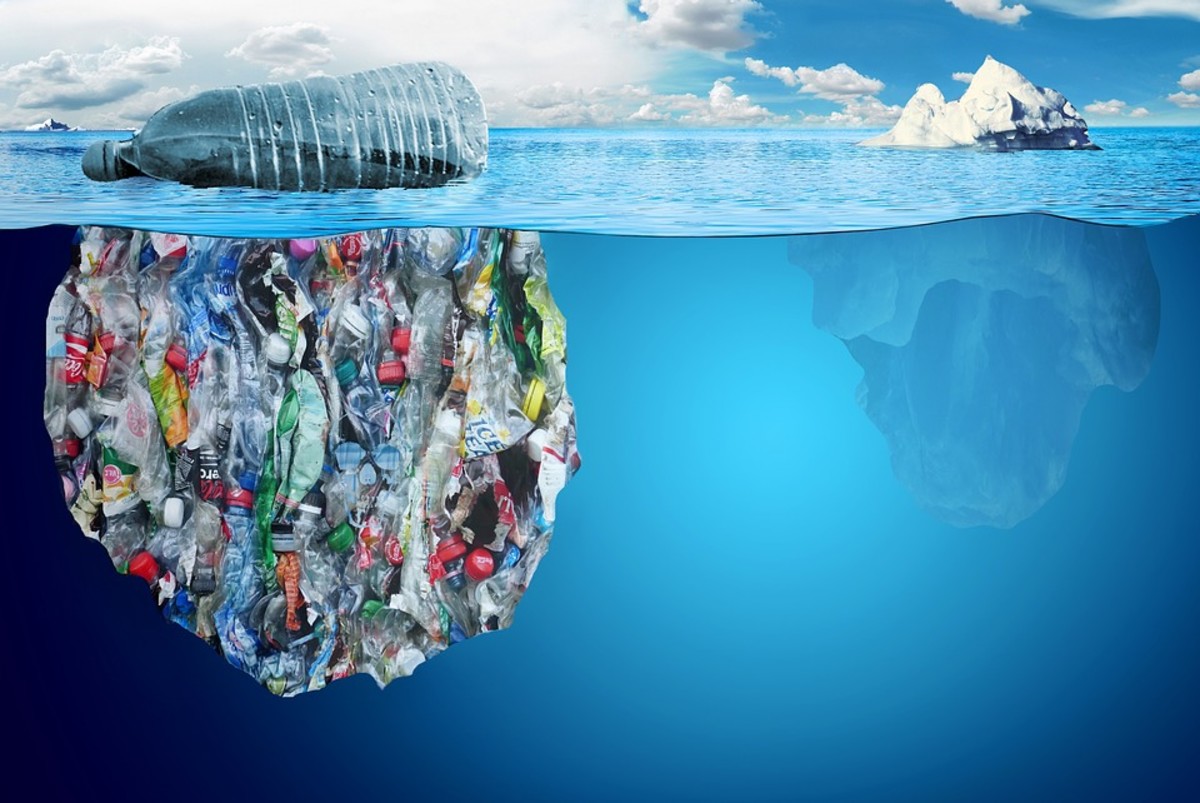Why we need to protect the environment for our wildlife
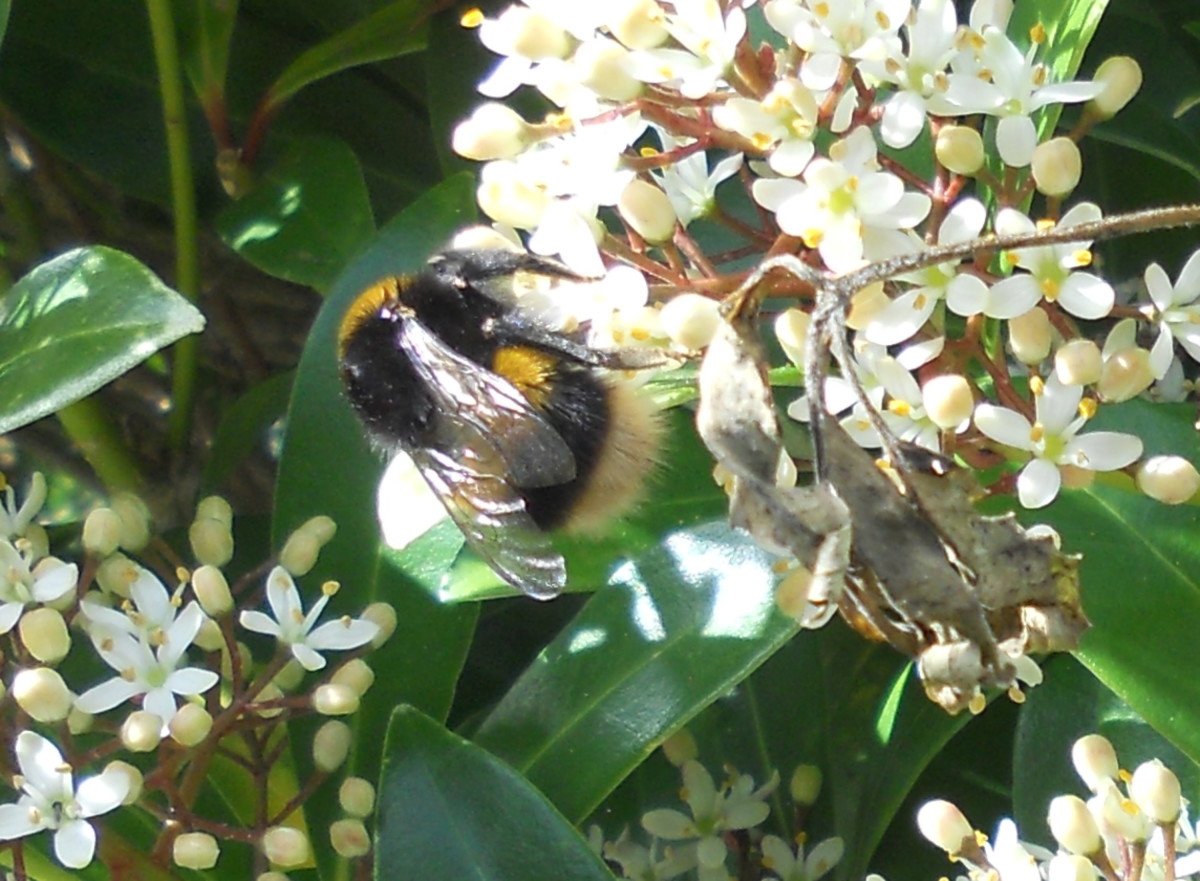
In 2013 several of the UK's major conservation charities joined together to produce a report on the state of Britain's wildlife and to ascertain trends in populations over the last 50 years. The results are truly shocking with as many as 60% of the species studied shown to be in serious decline, and several already-threatened species now facing extinction.
The report, entitled "State of Nature" was carried out and supported by 25 different wildlife charities, including the RSPB (Royal Society for the Protection of Birds), The Marine Conservation Society, The Wildlife Trusts and many more, and was also endorsed by well-known BBC TV presenter and naturalist Sir David Attenborough who introduced it at its launch. The full report can be viewed via the rspb website.
Summary of the Report
Some statistics from the summary of the report are as follows (taken from http://www.rspb.org.uk/Images/summary_tcm9-345844.pdf):
- 60% of the 3,148 UK species we assessed have declined over the last 50 years and 31% have declined strongly.
- Half of the species assessed have shown strong changes in their numbers or range, indicating that recent environmental changes are having a dramatic impact on nature in the UK.
- Species with specific habitat requirements seem to be faring worse than generalist species.
- A new Watchlist Indicator, developed to measure how conservation priority species are faring, shows that their overall numbers have declined by 77% in the last 40 years, with little sign of recovery.
- Of more than 6,000 species that have been assessed using modern Red List criteria, more than one in 10 are thought to be under threat of extinction in the UK.
- Our assessment looks back over 50 years at most, yet there were large declines in the UK’s wildlife prior to this, linked to habitat loss.
- The UK’s Overseas Territories hold a wealth of wildlife of huge international importance and over 90 of these species are at high risk of global extinction.
Why all the fuss?
These alarming statistics are a wake-up call to the country as a whole, as well as to the government to start implementing policies to protect our environment and the wildlife that lives in it. Those of us who remember the days when there were more birds and bees in our back gardens will recognise what this report is about.
This is not a slow general trend - it is an alarmingly rapid loss of wildlife in a very short space of time.
This is not just happening in the UK, but on a global scale. These statistics are a damning indictment of the human race and our lack of care and respect for our host planet. In the wider context, this report shows the impact that man is having on the natural environment: loss of habitat, changing conditions and lack of care is having an irreversible effect on the natural world.
The decline in species results in loss of biodiversity, and the eventual collapse of whole ecosystems on which the human race itself ultimately depends.
This is not a trivial matter. We need to act before it is too late.
Related articles
- Choosing garden flowers to encourage bees
Bees are an essential part of their ecosystem and also our own food chain. This article is a guide to choosing garden flowers that will encourage bees into your garden and help to ensure their survival. - Why are plastic bags bad for the environment?
Why do we need to worry about using plastic bags? This article takes a look into the dangers of plastic pollution and the risks to the environment and wildlife. - Flowers for butterflies: creating a beautiful garden for wildlife
Planting flowers to encourage butterflies into your garden can create a beautiful environment for you and your local wildlife, and halt the decline of species that have lost much of their native habitat to urban development.
What can I do to protect the environment?
- Start local - plant your own garden with wildlife in mind. Provide a range of habitats with trees and hedges for nest sites, nectar-rich flowers for insects, a pond or water-feature - all animals need to drink, a wild patch that encourages native and indigenous species.
- Reduce pollution on a personal level, by taking care with your own use of energy and resources. Recycle as much as you can, avoid using plastic bags for your groceries, be generally conscientious about litter and waste.
- Branch out a little into your neighbourhood, encourage local authorites to consider wildlife habitats in your local area.
- Organise local people to pick up litter in the countryside, clean beaches and get involved in looking after their own local environment. Children are very receptive to these ideas, and doing something with the local school might be a good option
- Join a wildlife charity. These organisations do invaluable work in lobbying governments for environmental protection, recording species and working very hard to preserve the habitats and the wildlife that we have left. They do all this without government funding and rely entirely on volunteers and funding from the public. Many of them have volunteer programmes where anybody can take part in organised conservation projects and do their bit for wildlife.
- Get involved politically. Join pressure groups such as Greenpeace, who are a major force in lobbying governments on policy change. Vote for politicians that actively endorse wildlife conservation and have sound environmental policies. Write to your MP to tell them how you feel about it.
